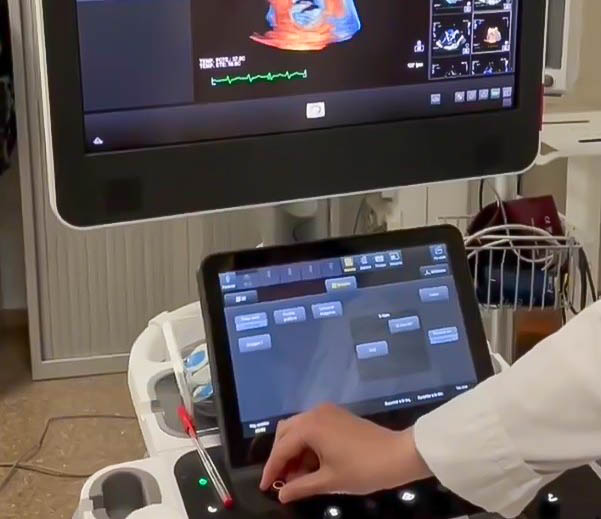Germans Trias, the first centre in Spain to include a patient in an international study on the early treatment of aortic stenosis
The EASY-AS trial will assess whether valve replacement before the onset of symptoms improves clinical outcomes

The Germans Trias i Pujol University Hospital and Research Institute, through the Germans Trias Heart Institute (iCor), have been the first in Spain to enrol a patient in the international EASY-AS (ASYmptomatic Aortic Stenosis) study, a clinical trial that aims to evaluate whether intervening before the first symptoms of severe aortic stenosis appear can improve clinical outcomes and patients' quality of life.
The multicentre study, involving leading reference centres in Europe (United Kingdom, Belgium, Serbia), Australia, New Zealand and South Korea, seeks to generate robust scientific evidence to guide clinical practice in a disease with a high incidence among the elderly population.
Aortic valve stenosis is the most common valvular heart disease in developed countries. It is a degenerative process in which the aortic valve hardens and narrows, obstructing blood flow from the heart. This condition affects approximately 5% of people over 65 and more than 10% of those over 80. Its incidence is expected to rise due to population ageing.
Treatment consists of replacing the damaged valve with a prosthesis, which can be implanted through conventional surgery or less invasive techniques such as TAVI (transcatheter aortic valve implantation). Until now, this intervention was only recommended once symptoms such as shortness of breath, chest pain or fainting appeared. However, advances in surgical and percutaneous techniques have opened the door to considering a more proactive strategy.

With the enrolment of the first patient in Spain, the iCor team, made up of health professionals from the Heart Area of the Germans Trias i Pujol University Hospital and researchers from the Heart Failure and Cardiac Regeneration Research Group (ICREC) at the Germans Trias i Pujol Research Institute (IGTP), strengthens its commitment to clinical research aimed at improving therapeutic decision-making and health outcomes. This participation is aligned with IGTP's commitment to high-quality translational research and to integrating scientific knowledge into clinical practice.
